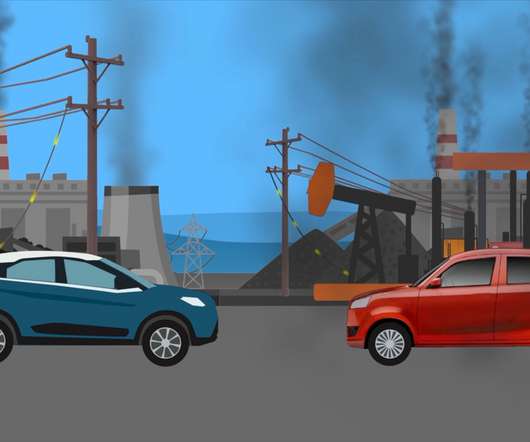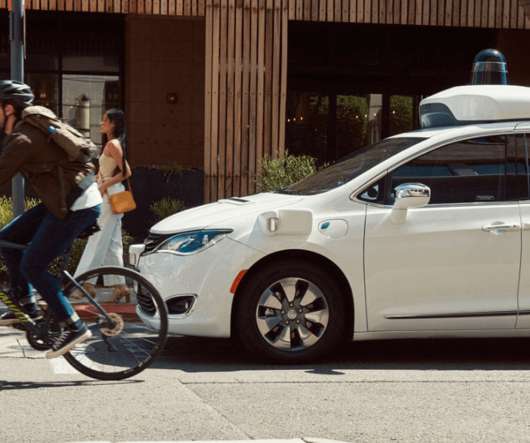Rice study finds using natural gas for electricity and heating, not transportation, more effective in reducing GHGs
Green Car Congress
MARCH 9, 2016
Rice University researchers have determined a more effective way to use natural gas to reduce climate-warming emissions would be in the replacement of existing coal-fired power plants and fuel-oil furnaces rather than burning it in cars and buses.







































Let's personalize your content